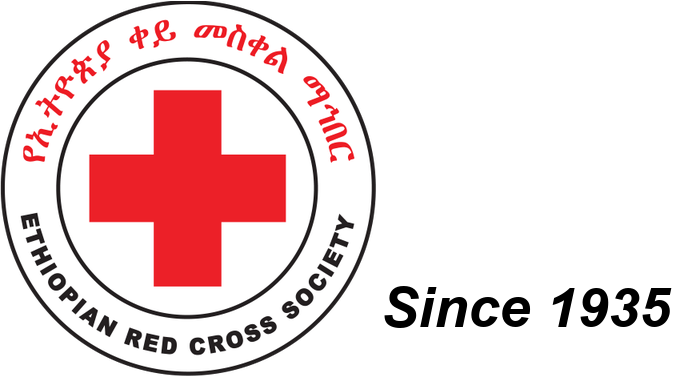Lifesaving livelihood support brings hope to beneficiary households
The Ethiopian Red Cross Society (ERCS) has supported 650 households to breed 2000 goats and 250 heifers worth USD 306,075.95.
This nine month pilot project of Qatar Red Crescent Society (QRCS) funded by Qatar Fund for Development on livelihood resilience was kick-off in January 2019 and implemented for the most vulnerable drought affected and food insecure communities, covering four kebeles of Doba and Tulo woredas of West Hararghe zone, Oromia region.
Fatuma Ebrahim, a mother of six children who lives in Chefe kebele, Tulo woreda said that her life became a difficult journey of hardships and she lives by collecting and selling fire wood. She never dreamt of that she would own anything of value.
However, a new dawn has arrived for Fatuma. She is now a proud owner of a heifer, thanks to the Ethiopian Red Cross Society and Qatar Red Crescent Society life-saving livelihood support.
“Words are not enough to express my feeling about the support. I have been in different social and economic problems. My children have stopped their education since I couldn’t afford their school fee. I hope they will go back to school henceforth,” told Fatuma.
She said that no one was provided such assistant previously and it plays a role to improve her family life.
“The project is one of the fifteen disaster risk reduction ERCS projects. This was achieved through the distribution of goats and Borena breed heifers. We are very impressed with the achievement of the project and grateful to the QRCS because its partnership with us has helped many needy people in the area,” said Engida Mandefro, Deputy Secretary General for Disaster Risk Management of ERCS during his visit at the project sites.
The Deputy Secretary General added that the ultimate goal of the project is to make our beneficiaries become self-reliant, and later on by collaborating with other donors and partners ERCS will also plan to implement this type of projects to other parts of the country.
Head of Qatar Red Crescent Society Delegation to Ethiopia, Khawater Makki, on her part said that commitment of the community and the ERCS West Harerghe Zonal branch office for the achievement of the project is wonderful and QRCS is very much interested to work with ERCS in developmental sectors in the country.
The other beneficiary from this programme is a 36-year-old India Hassen who is a resident of Wolkituma Woji kebele, in Doba woreda.
“The goats I have received will change the life of my household,” said India. “You know, my husband is patient and left behind to take care of our six children alone,” she added.
India said that the support is the best opportunity to have livelihood access to women. She also thanked ERCS and the National Partner Society for providing her with the lifesaving livelihood support to build the resilience of her family.
“Sixty two heifer and 100 goat beneficiary households are selected from each kebeles and 72 percent of the total beneficiaries are women. Representatives from religious leaders, government officials, Aba Gedas (The Head of Geda system) and ERCS staffs are participated in the free, fair, credible and inclusive selection process,” said ERCS West Hararghe Zonal Branch Head, Mohammed Seid.
He noted that ERCS has distributed 2000 goats for 400 households – one male and four female goats for each beneficiary, and 250 heifers for 250 households. He added that the Society has also provided a meter cubic desho grass seedling, animal drugs and vaccine, and construction of flood diversion structure.
